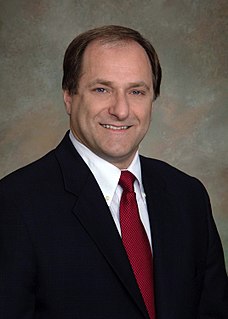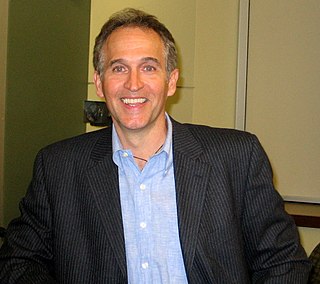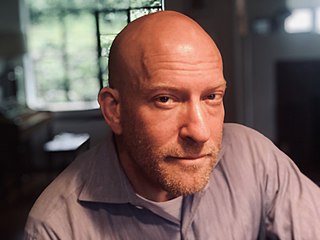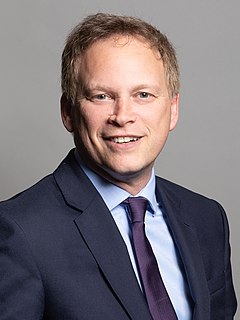Top 828 Housing Quotes & Sayings - Page 11
Explore popular Housing quotes.
Last updated on December 22, 2024.
Current lifestyles and consumption patterns of the affluent middle class…involving high meat intake, consumption of large amounts of frozen and convenience foods, ownership of motor vehicles, golf courses, small electric appliances, home and work place air-conditioning, and suburban housing are not sustainable...
All over the world, social innovation is tackling some of the most pressing problems facing society today - from fair trade, distance learning, hospices, urban farming and waste reduction to restorative justice and zero-carbon housing. But most of these are growing despite, not because of, help from governments.
The lower interest rates fueled housing and consumption booms in countries such as Spain and Ireland. At the same time, Germany, struggling with the burdens of reunification, tightened its belt and became more competitive. All this led to a wide divergence in economic performance. Europe became divided into creditor and debtor countries.
All of my childhood, we were on welfare. My mom received Aid for Families with Dependent Children - welfare. Without that, we wouldn't have had subsidized housing. Most of my childhood, we had a two-bedroom apartment, but eventually we got into the projects, where we had four bedrooms. That was great.
After long centuries, agrarian civilization is weakening. Is sufficient attention being devoted to the arrangement and improvement of the life of the country people, whose inferior and at times miserable economic situation provokes the flight to the unhappy crowded conditions of the city outskirts, where neither employment nor housing awaits them?
Some will say it isn't the government's job to manage who people meet and interact with, but there is clearly a lot it can and should do. It should offer communities much more support to manage demographic and cultural change, including investment in public services and additional housing stock in our migration hotspots.
You know, I think the, the crucial thing, you know, we have put in place what is, is just simply the biggest, boldest recovery package in history, right; the stimulus package, biggest ever; the financial rescue, absolutely comprehensive; a housing plan - that is incredible medicine for the economy. And we fully expect it to work.
In a speech earlier today President Bush said if Iraq gets rid of Saddam Hussein, he will help the Iraqi people with food, medicine, supplies, housing, education - anything that's needed. Isn't that amazing? He finally comes up with a domestic agenda - and it's for Iraq. Maybe we could bring that here if it works out.
In the US after the Great Depression, they invested heavily in infrastructure to create a lot of employment. In Germany after the war there was the Marshall plan for roads, rail, housing, energy, water and so on. That created massive employment after the devastation of the war and helped them to rebuild the country.
Felons are typically stripped of the very rights supposedly won in the civil rights movement, including the right to vote, the right to serve on juries, and the right to be free of legal discrimination in employment, housing, access to education, and public benefits. They're relegated to a permanent undercaste.
The way the housing market imploded is obviously not an easy thing to explain. It's a little bit easier in a book - people can take their time, you can sort of go back and reread - but in a movie you've got two hours to not only explain things like collateralized debt obligations, but you also have to make it entertaining.
I was born on the other side of the tracks, in public housing in Brooklyn, New York. My dad never made more than $20,000 a year, and I grew up in a family that lost health insurance. So I was scarred at a young age with understanding what it was like to watch my parents lose access to the American dream.
I must remind you that starving a child is violence. Suppressing a culture is violence. Neglecting school children is violence. Punishing a mother and her family is violence. Discrimination against a working man is violence. Ghetto housing is violence. Ignoring medical need is violence. Contempt for poverty is violence.
So, I mean, there's still vast swaths of the city that are suffering from a lack of jobs and poor housing and poor public schools, but they are building momentum - you know, techies, foodies, artists, musicians, all coming to Detroit. So there is this vibrancy. You see it in the newspapers every day - some story about the new Detroit.
I miss my family and friends from Cali a lot. I also miss late-night business hours, hiking in the Sierra Nevada, and house boating in Gold Country. But in Ohio, housing is cheaper, everything is green year-round, and we get glorious thunderstorms. In California, I lived in a place that was infested with black widow spiders.
Promotion of health generally by improving the standard of living. From the health point of view we are in this connexion first and foremost interested in the three fundamental environmental factors: housing (including family life), nutrition, and working conditions (including human relations as well as material conditions).
Housing is where it all begins. Where you live determines everything from where you shop for food, to how safe your neighborhood is, to your kids' school, to whether you're exposed to toxic chemicals on a daily basis. And as a New Yorker, I found it impossible not to notice and be bothered by the huge number of homeless people in the city, as well as by the segregation and gentrification that's all around you.
It is a lesson of the sixties: liberals get in the biggest political trouble - whether instituting open housing, civilian compliant review boards, or sex education programs - when they presume that a reform is an inevitable comcomitant of progress. It is then they are most likely to establish their reforms by top-down bureaucratic means. A blindsiding backlash often ensues.
For the rest of their lives, [black men] can be denied the right to vote, automatically excluded from juries, and legally discriminated against in employment, housing, access to education and public benefits. So many of the old forms of discrimination that we supposedly left behind during the Jim Crow era are suddenly legal again once you've been branded a felon.
When I tell people I was in the St. Justin Martyr parish, if they are native Chicagoans they know exactly where I was and what that was like. The Sunday before this particular march, the archbishop of Chicago, Cardinal Cody, had required all of his pastors to read a letter in support of open housing and economic justice in every parish in the city.
What we can do in Singapore may not be doable elsewhere. Some things you know you need: you want efficient government, you want clean government, you want to do away with corruption, you must educate your people. You want to get housing and so on. All these are not such secrets, not so special to Singapore.























































